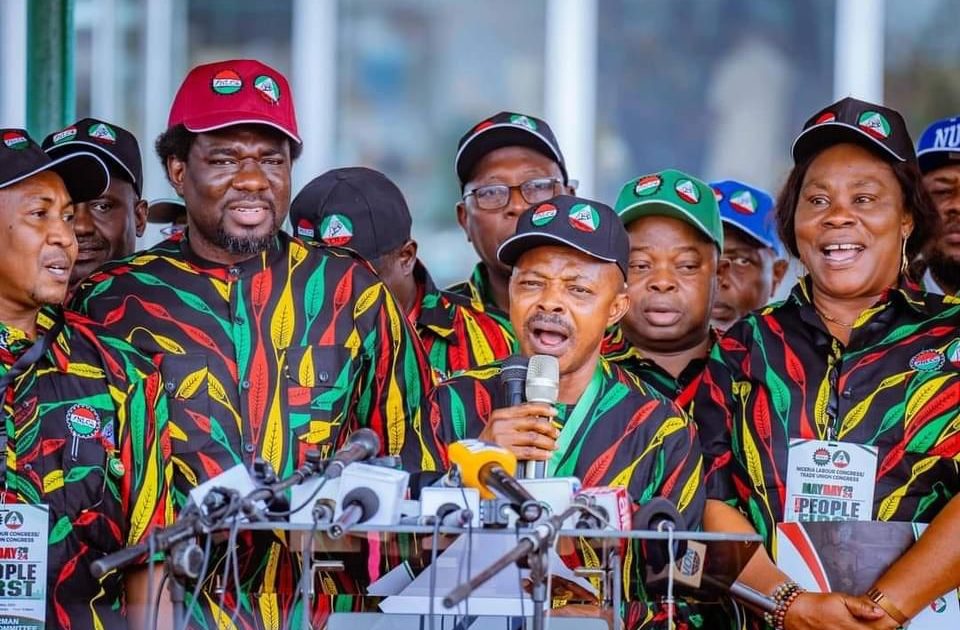The Nigerian telecommunications sector is embroiled in a heated debate over a recently approved 50% tariff hike. Telecom operators, burdened by rising operational costs due to inflation and exchange rate volatility, initially sought a 100% increase. The government, acting as a mediator, approved a 50% increase. However, consumer groups, including the National Association of Telecommunications Subscribers (NATCOMS) and the Nigeria Labour Congress (NLC), are pushing back against the hike, advocating for a more modest 10% adjustment. NATCOMS plans to engage in talks with the Nigerian Communications Commission (NCC) and pursue legal action if negotiations fail. The NLC, on the other hand, is threatening nationwide protests and boycotts of telecom services. They argue that the increase places an undue burden on Nigerian workers, many of whom earn less than $50 per month.
The core issue revolves around the financial sustainability of the telecom sector, a significant contributor to Nigeria’s economy. Operators argue that the tariff increase is essential for continued investment in infrastructure and maintaining service quality in the face of rising costs. They highlight the need to upgrade outdated systems and optimize equipment for better service delivery. The proposed hike, they contend, is necessary to ensure long-term viability and prevent a decline in service quality. Meanwhile, consumer groups and labor unions emphasize the potential negative impact on affordability and access, particularly for low-income earners and students. They call for a more balanced approach that considers the economic realities of Nigerian citizens.
NATCOMS, while acknowledging the operators’ need for profitability, rejects the NLC’s proposed boycott, viewing it as detrimental to investor confidence. They advocate for alternative funding mechanisms, such as Initial Public Offerings (IPOs), to raise capital rather than placing the burden solely on consumers. They believe that going public would allow operators to access much-needed funds without significantly impacting consumer affordability. This approach, they argue, would strike a balance between the needs of the industry and the affordability concerns of consumers.
The NLC maintains its stance on potential collective action, including boycotts and protests, if the government and NCC do not reconsider the tariff increase. They urge citizens to actively and peacefully resist policies they find unfavorable. They view the tariff hike as an example of a policy that requires public pushback to protect consumer interests. While acknowledging the need for organized resistance, the NLC emphasizes the importance of peaceful demonstrations and boycotts as effective tools for expressing dissent. They also call for greater transparency and consultation with stakeholders before implementing policies that impact the public.
The National Association of Nigerian Students (NANS) also vehemently opposes the tariff hike, citing its negative impact on students’ access to affordable internet and education. They argue that the increased cost will exacerbate the digital divide and hinder educational progress. NANS issued a 72-hour ultimatum to the NCC and the Ministry of Communications and Digital Economy, demanding a reversal of the decision or threatening nationwide protests. They emphasize the importance of affordable internet access for students and the potential detrimental effects of the price hike on their education.
The Minister of Finance, Wale Edun, supports the tariff increase, emphasizing its necessity for the sustainability of the telecom sector amidst rising operational costs. He argues that the increase is essential for maintaining service quality and fostering innovation. He also highlights the importance of balancing the needs of the industry with the interests of consumers. Edun assures that the tariff adjustment will be reviewed periodically to ensure fairness and balance for both consumers and operators. He believes this approach will allow the sector to thrive while also protecting consumer interests. Major telecom operators, MTN and Airtel, echo the Minister’s sentiments, emphasizing that the tariff adjustment is crucial for investment in infrastructure and improved service delivery. They commit to enhancing service quality and expanding coverage in line with the increased tariff.


